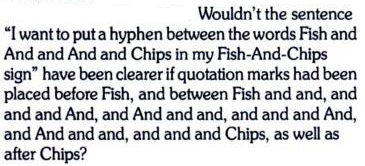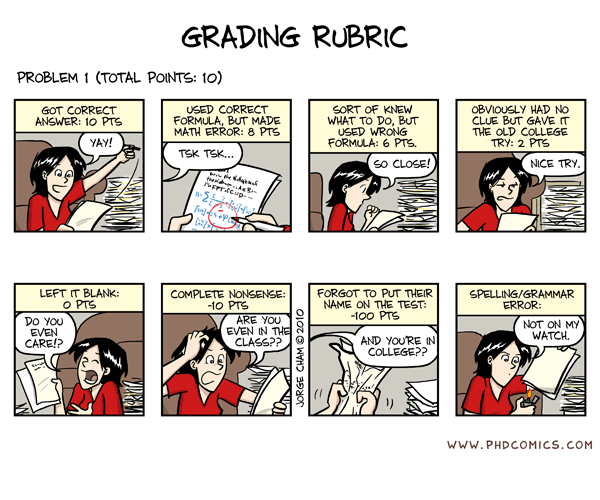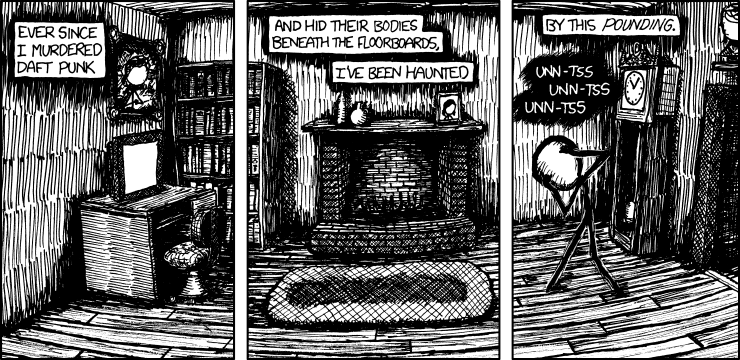In our numerous posts on Chinglish here at Language Log, we have shown how unintentional errors of translation from Chinese result in ludicrous or impenetrable English. In this post, I shall demonstrate how translations from English into Chinese can (and often do) intentionally differ from the original.
On March 15, 2010, Nicholas Wade published a long article entitled "A Host of Mummies, a Forest of Secrets" in the Science section of The New York Times. Mr. Wade interviewed me extensively during the course of preparing the article, so I am intimately familiar with the issues he raised in it and am, in fact, quoted several times by him.
Shortly thereafter, one of China’s most widely read weeklies, Southern Metropolis Weekly (Nándū zhōukān 南都周刊), published a Chinese "translation" of the NYT article entitled "Invisible Cemetery" (Kànbùjiàn de mùdì 看不见的墓地). It is now available online here.
Read the rest of this entry »



